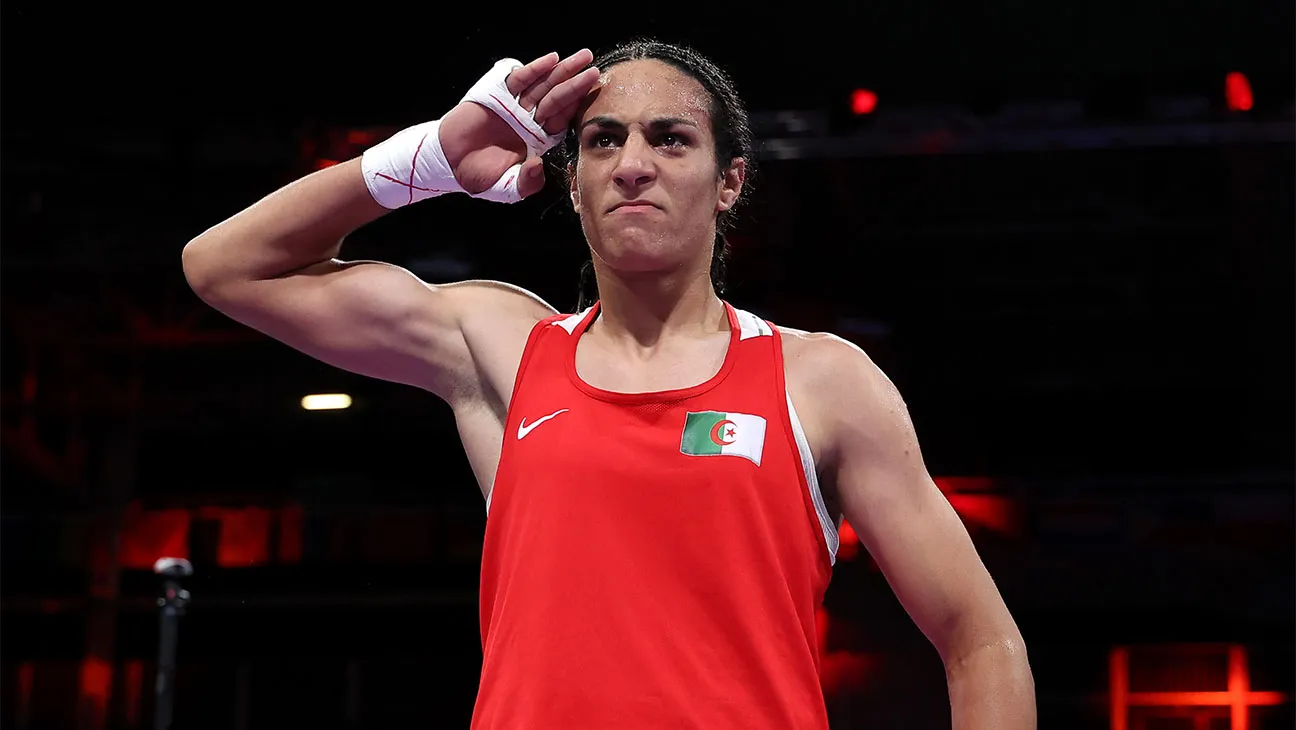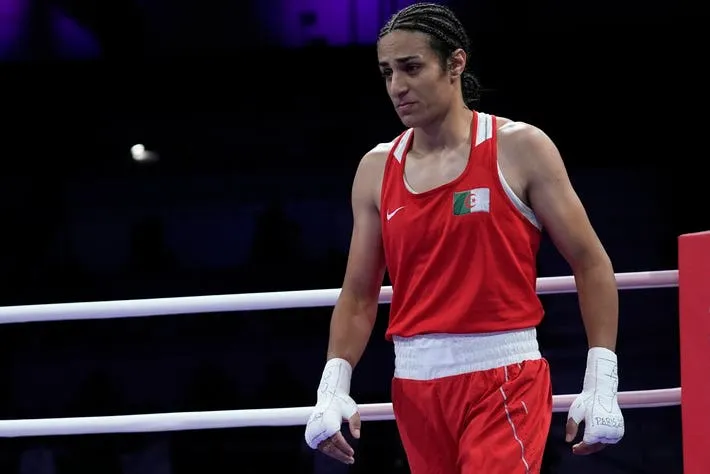Brittney Griner Spoke Up About Imane Khelif’s Scandal, She Made A Statement That Made Many People Angry: “people Are Uneducated, Having Xy Chromosomes Doesn’t Mean We Are Dudes”
In the wake of the escalating scandal involving Imane Khelif and her father’s recent denial of accusations, WNBA star Brittney Griner has weighed in with a statement that has ignited a wave of controversy. Griner’s remarks address the broader issues of gender identity and perception, especially in the context of the scandal that has captivated public attention.

Brittney Griner, known for her advocacy on various social issues, made headlines with her latest comment: “People are uneducated; having XY chromosomes doesn’t mean we are dudes.” This statement was made in response to the ongoing media frenzy surrounding Imane Khelif’s father, who has been at the center of accusations and denial.

Griner’s remarks have been interpreted as a critique of those who conflate biological sex with gender identity, particularly in the context of the scandal. She seems to be challenging the notion that certain physical or biological traits should define an individual’s gender identity or their role in the controversy.

Griner’s statement has sparked a significant backlash from various quarters. Critics argue that her comments are misplaced and detract from the specific issues surrounding Khelif’s scandal. Many have accused Griner of using the situation to push a broader agenda, rather than focusing on the core allegations and their implications.
On the other hand, some supporters have praised Griner for bringing attention to gender identity issues, viewing her comments as a broader critique of societal misconceptions. They argue that her statement highlights the need for more education and understanding regarding gender diversity.
While Griner’s statement was not directly about Imane Khelif, it intersects with the broader conversation about identity and public perception. The scandal involving Khelif has been complicated by issues of identity and personal background, and Griner’s comments may be seen as part of this wider discourse.
As the controversy continues, both Khelif’s situation and Griner’s comments remain under scrutiny. The ongoing debate reflects larger societal issues about identity, gender, and the role of public figures in these discussions.
In the midst of the scandal, Imane Khelif’s response and the evolving narrative will be crucial in determining how the situation unfolds. Griner’s controversial statement adds another layer to this complex story, highlighting the intersections of identity and media representation.
News
JAW-DROPPING: The One Show Hosts SH0CKED as Tony Blackburn Drops 3-Word B0mbshell for I’m A Celeb Stars.K
The One Show hosts stunned as Tony Blackburn gives just three words of advice to I’m A Celeb stars The…
GMB host Kate Garraway share fears for co-star amid ‘threat to life’ weather warning as viewers furious: “How irresponsible!”.k
GMB host Kate Garraway share fears for co-star amid ‘threat to life’ weather warning as viewers furious ‘It could be…
FURIOUS: Stacey Solomon Breaks Silence on Sons’ New TV Gig Amid Explosive ‘Nepo Baby’ Backlash.k
Stacey Solomon sets record straight on sons’ new TV job amid ‘nepo baby’ backlash Behind-the-scenes snaps show the boys filming…
OUTRAGE: Deal or No Deal Contestant Slammed as ‘Greedy’ After Massive Win on ITV’s ‘Most Expensive Night’.k
Deal or No Deal contestant branded ‘greedy’ amid big-money win in ‘expensive night for ITV’ Last night’s Deal or No…
SH0CK REVEAL: Alison Hammond Anxiously Admits ‘Addiction’ Live on Air During ‘Therapy Session’ with Expert – Fans Stunned!k
This Morning host Alison Hammond concerned as she admits to ‘shopping addiction’ during live ‘therapy session’ ‘I’ve gotta stop it!’…
Meghan and Harry “hit back” amid claims her “behavior before wedding set alarm bells ringing”.k
Meghan Markle and Prince Harry ‘hit back’ over claims she ‘set alarm bells ringing’ ahead of their wedding The couple…
End of content
No more pages to load













Leave a Reply